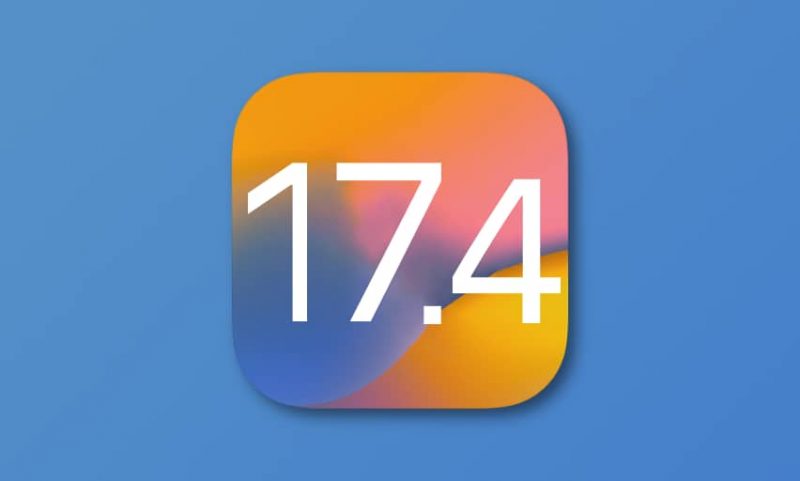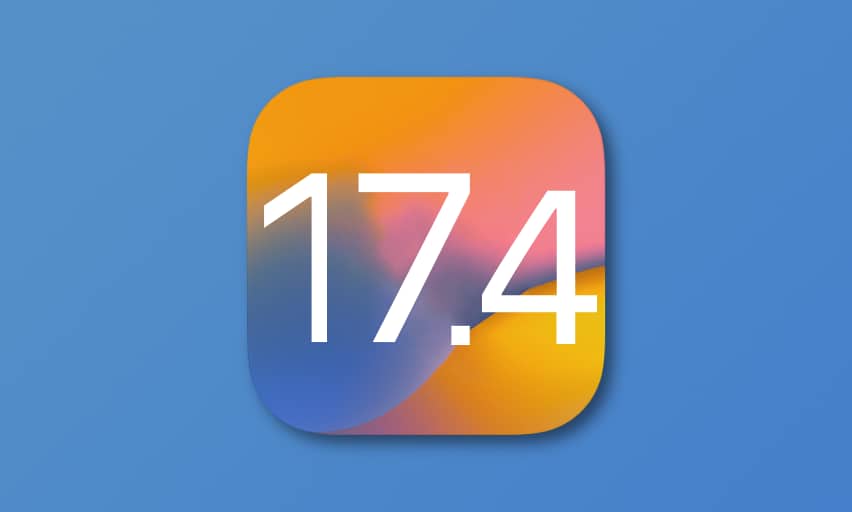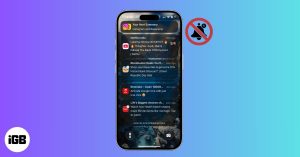Apple Says iOS 17.4 Does Away With Home Screen Web Apps in the EU | Here’s Why


Unfortunately, those “alternative browser engines” will have a side effect that will not be received happily by some EU users: iOS 17.4 will remove support for Home Screen web apps in the EU.
After installing last week’s iOS 17.4 beta, many iPhone users in the EU discovered they were no longer able to install and run web apps from their iPhone’s Home Screen.
No Subscriptions – Get Microsoft Office Lifetime Access for Just $49.97
Even Microsoft tries to nudge you toward paying monthly for their Suite 365. The good news is that you don’t have to. iDrop News readers can get lifetime access to MS Office at 85% off the normal price…Get It Here

Now, Apple has provided an explanation for this move, confirming that it’s not a mistake but a deliberate change the company is making due to the requirements it faces under the EU’s Digital Markets Act.
Since iOS 17.4 now supports alternative browser engines in the EU, allowing developers to build browsers that do not rely on Apple’s WebKit engine for the first time. Apple points to this new “feature,” which is required by the EU Digital Markets Act, as the reason it has removed Home Screen web app support in the European Union.
Apple says it would be required to build an entirely new integration architecture for iOS to address the privacy and security issues that using web apps with alternative browser engines would bring.
This work “was not practical to undertake given the other demands of the DMA and the very low user adoption of Home Screen web apps,” says Apple. “And so, to comply with the DMA’s requirements, we had to remove the Home Screen web apps feature in the EU. EU users will be able to continue accessing websites directly from their Home Screen through a bookmark with minimal impact to their functionality.”
But, why can’t Apple continue to offer support for Safari Home Screen web apps? Well, Apple points back to the Digital Markets Act.
Under the DMA, all browsers are to be treated equally. That means Apple cannot favor its own Safari and WebKit over third-party browser engines. In other words, because it can’t offer Home Screen web app support for third-party browser engines, it can’t offer support for the feature in Safari, either.
Apple’s explains below, in this excerpt from a document published on Apple’s developer website:
The iOS system has traditionally provided support for Home Screen web apps by building directly on WebKit and its security architecture. That integration means Home Screen web apps are managed to align with the security and privacy model for native apps on iOS, including isolation of storage and enforcement of system prompts to access privacy impacting capabilities on a per-site basis.
Without this type of isolation and enforcement, malicious web apps could read data from other web apps and recapture their permissions to gain access to a user’s camera, microphone or location without a user’s consent. Browsers also could install web apps on the system without a user’s awareness and consent. Addressing the complex security and privacy concerns associated with web apps using alternative browser engines would require building an entirely new integration architecture that does not currently exist in iOS and was not practical to undertake given the other demands of the DMA and the very low user adoption of Home Screen web apps. And so, to comply with the DMA’s requirements, we had to remove the Home Screen web apps feature in the EU.
iOS 17.4 is currently being tested by developers and public beta testers and is expected to be released in early March.







